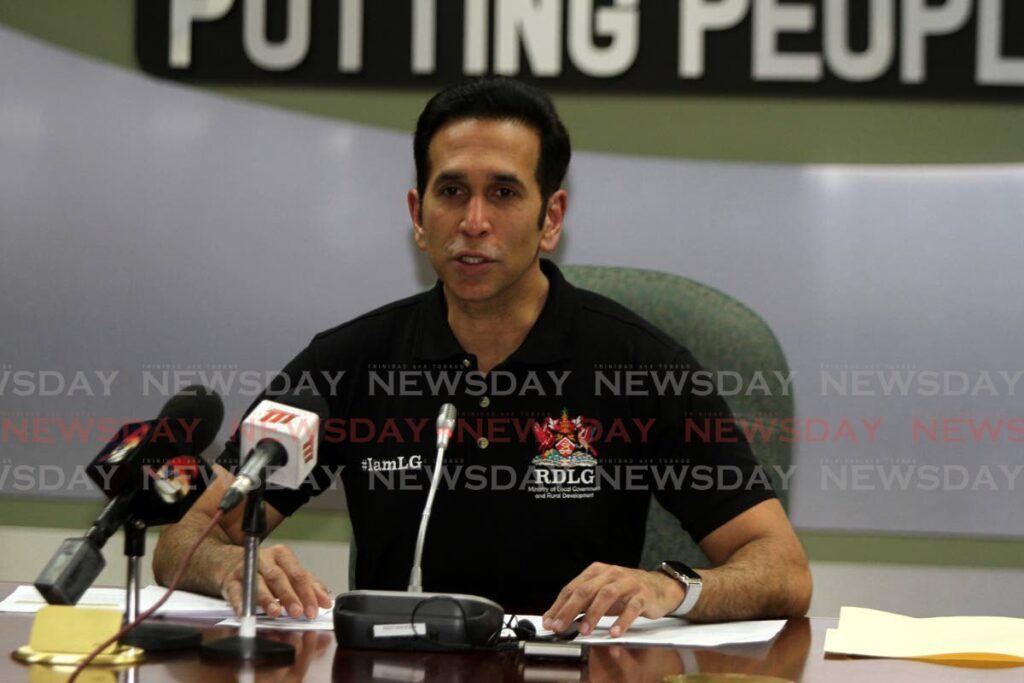Spending life in traffic

THE AVERAGE person in TT, particularly those who do not reside in Port of Spain, did not need a study by an international agency to tell us there is a traffic problem in this country.
And yet the January 7 assessment by the UN’s Economic Commission for Latin America (ECLAC), which circulated widely on social media this week as a traffic accident caused yet another major gridlock on Tuesday morning, has certainly put the problem into proper perspective.
According to the report, about one month, or 33 days, per year is spent in traffic. This is because it is estimated we spend about 110 minutes each day at a standstill. The cost, in terms of lost GDP, is about 1.37 per cent or $2.26 billion.
However, these findings were the result of an online survey, conducted between June 20 and September 26, which involved just 264 respondents, most of whom were drivers of private vehicles (81 per cent).
They also relate to only direct costs.
Yet, we know the true price is not just in terms of lost work hours but also things far harder to quantify, such as the higher levels of stress, fatigue and depression that ensue and the long-term health effects of each.
The study’s authors suggest there may even be a link between traffic and things like anti-social behaviour and poor road safety habits. This works both ways: social problems lead to more traffic too. Crime concerns translate into private car owners preferring to use personal vehicles over public transport.
Equally, the failure of the transport system to keep apace with the needs of the population was also identified as a key factor. While we have built more roads, added more lanes, and even reduced the import of foreign-used cars, we are still in a dire situation. Many people spend multiple hours in traffic per day, not just one.
One key recommendation in the report, with which we do strongly concur, is for the greater use of telecommuting. Work-from-home policies proved, during the covid19 pandemic, to be highly effective in clearing the roads. They have also proven, despite the claims of our leaders, to boost productivity.
The current hesitation to encourage remote working, though, seems driven not only by an outdated way of looking at work but also by fears that reducing flows into a city could have a counterproductive effect on business and on attempts at urban renewal.
Which leads to a set of statistics not deeply explored by ECLAC.
According to the Local Government Ministry, the capital city accounts for less than three per cent of the total population.
And over the last few decades, its population has been rapidly falling, dropping by 24.4 per cent in 2000-2011 alone.
Given such realities, we need to encourage, not discourage, decentralisation if we are to tackle the daily bottleneck.


Comments
"Spending life in traffic"